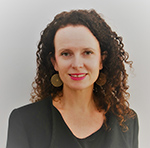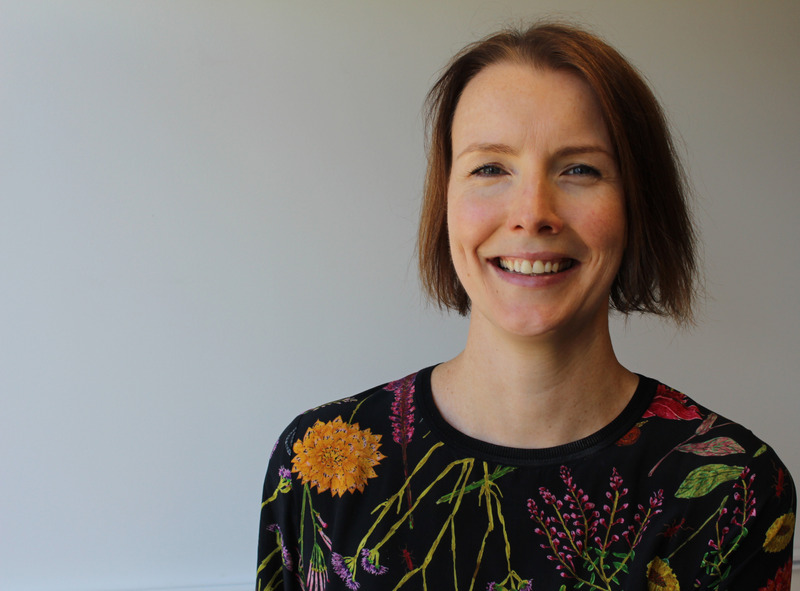
Knowledge brokers can make collaborations between public servants and academics more effective
This article was written by Dr Gai Moore, a knowledge exchange manager at the Sax Institute, for Apolitical.
While most stakeholders believe that a good policy is one that is informed by current evidence, making this happen is no easy business.
The key is effective collaboration between policymakers and academic researchers. And while there may be plenty of goodwill on both sides, policymakers and researchers work in different contexts and have different motivations and interests. This means the potential for misunderstanding is always there.
Policy issues can’t just be presented to researchers: they need to be translated into the appropriate research questions to ensure that both sides are working together with a common aim. One way to bridge this gap is to call on the services of a knowledge broker.
What is a knowledge broker?
Knowledge brokers are intermediaries who act as a bridge between policymakers and researchers. They can speak the languages of both and can apply the two perspectives to addressing a problem. Knowledge brokers act as translators, ensuring that each side fully understands the needs of the other.
A knowledge broker typically has had long experience at a senior level in both research and policy, and is someone who understands the cultures of both these worlds.
Not everybody is suited to knowledge brokering. In addition to understanding the two worlds of government and research, knowledge brokers need to be excellent communicators and able to build a relationship of trust with their interlocutors. A lot of people coming into the knowledge brokering process don’t really know what it entails, and we need to provide a reassuring, non-threatening space.
How does knowledge brokering work in practice?
No set rulebook for knowledge brokering exists and there hasn’t yet been enough research into what works best. Here at the Sax Institute, when policymakers commission a rapid review of evidence from us, our first step is to send them a questionnaire to help us understand what questions they want answered and what type of review they are looking for.
The next step is a knowledge brokering session with the agency and one of our experienced knowledge brokers. It is limited to one hour, during which time the knowledge broker clarifies the relevant policy issues and translates them into researchable questions.
For example, a government agency might want to put $10 million into diabetes prevention in children, with the aim of stopping the disease in kids under 10. That’s a policy aspiration, but it’s not a research question. A knowledge broker may have to break that down into some concrete approaches and interventions that researchers can look at and decide whether they work or not. These might be, for instance, investing in GP-based programs or maybe in practice nurses going into schools and running exercise classes.
The end result should be clear and concise research questions that the policy agency is happy with and that researchers can answer, even if it’s only to say there’s not enough evidence one way or the other. And those research questions should also be carefully focused so that the agency only gets the information it needs and doesn’t have to wade through 600 pages in order to extricate the relevant answers.
Based on information gathered from the questionnaire and the knowledge brokering session, the knowledge broker then prepares a proposal for the agency’s approval. That marks the end of the knowledge broker’s role in the process, although the process itself goes on: the Sax Institute will then identify suitable researchers to work on the questions identified, and those researchers will then produce a rapid review of the evidence, which we call an Evidence Check.
Is there any evidence that knowledge brokering improves policy outcomes?
We at the Sax Institute have conducted two relevant studies on this issue, both published in peer-reviewed journals. The first looked at whether knowledge brokering improves the quality of rapid reviews of evidence for policy agencies. In a blinded trial, reviewers examined 60 proposals that hadn’t involved knowledge brokering and 60 that had. The study found that knowledge brokering increased the clarity of the information provided and the confidence that the researchers could meet the policymakers’ needs.
The other study looked at whether policymakers found these commissioned rapid reviews useful and whether they actually impacted on policy. We examined the use of 139 rapid reviews by policy agencies and found that almost all of them had been used in the policy and program development process. We also found that the reviews were mostly used in an instrumental and conceptual way, rather than just symbolically. This is an important finding, because there’s a perception that agencies will commission reviews that just end up gathering dust on the shelf.
What is the future of knowledge brokering?
It’s been good to see an increased focus on the use of evidence in policy, and knowledge brokering is a part of that. And it’s been gratifying to see knowledge brokering spreading from Europe and North America to low- and middle-income countries. But we do need more research to find out where knowledge brokers best fit in the knowledge translation process – for instance, whether they should be embedded within an organisation that supports research as is the case with us at the Sax Institute, or whether it’s a better fit with the policy agency.
There are plenty of questions, but there have been few real tests of knowledge brokering. This is a relatively new field of research, and we are still in the early phase of finding out what works. But we are moving towards systematic research that can measure objective outcomes which will allow us to build up a solid evidence base. This is what we need to move forward.
Read the original article (published on Apolitical).
If you’d like to know more about the Sax Institute’s knowledge brokering service, please contact the Knowledge Exchange team.





